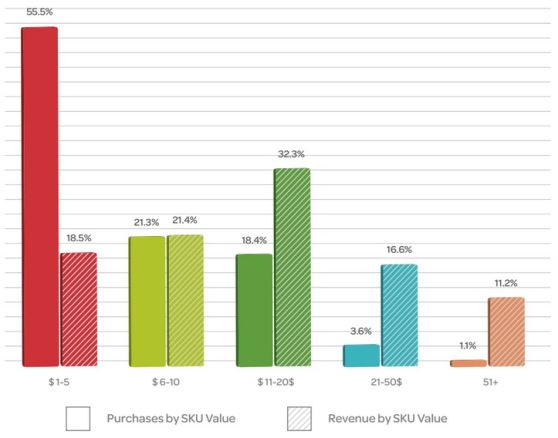Miniaturization is needed, but only when it comes to silicon, not display sizes – Karol Kopanko
We continue our "3 questions to the speaker" series, introducing the profiles of the speakers of the upcoming Mobile Trends Conference 2021. We were the second to be interviewed by Karol Kopanko.
Grzegorz Kozubowski: What do you think was the most important trend in mobile technologies in 2021?
Karol Kopanko: It turned out that people's pockets are a very flexible creation. Apple once offered a 3.5-inch display that was supposed to lie perfectly in the hand and not bring the awkward discomfort of carrying in a pocket. The past year has shown that people no longer want small phones, and what matters to them most is the convenience of using more than a 5 – inch screen. The success of the Galaxy Note and other phablets has made manufacturers realize that miniaturization is needed, but only when it comes to silicon, not display sizes.
Although we recently made fun of people putting a phone the size of a cutting board to their ear, such a sight is now becoming more common.
I'm waiting for the response of clothing corporations – "pants in which your tablet will fit!" 😉
What are the biggest challenges facing the mobile industry in 2021?
The biggest challenge is to adapt to people's needs. Whoever is the first to do this will rule next year. Just as Samsung won the market by increasing diagonals, the winner now will be whoever, best fits the lifestyle of the emerging millennial generation.
Manufacturers will have to realize that the race for speed and number of cores is not as important to the customer as functionality and convenience. Batteries that don't last a day must become a relic of the past as people live "always connected" lives and suffer from FOMO when the phone refuses to cooperate.
Finally, tell us briefly what your lecture at Mobile Trends Conference 2021 will be about?
My lecture will be precisely about such people, about Generation Y, creating the world on a completely different basis than previous generations. I have seen a website that, in order to verify the age of its visitors, does not ask them for their date of birth, but inserts a picture of a VHS cassette with the question: "what is this?". Analog has long been a thing of the past. The life cycle of technology is getting shorter and shorter, and no technology lasts forever.
What will the world be like when the glory years of Zuckerberg's empire are over, and smartphones will replace VHS tapes at age verification? For answers, I invite you on January 16 🙂



